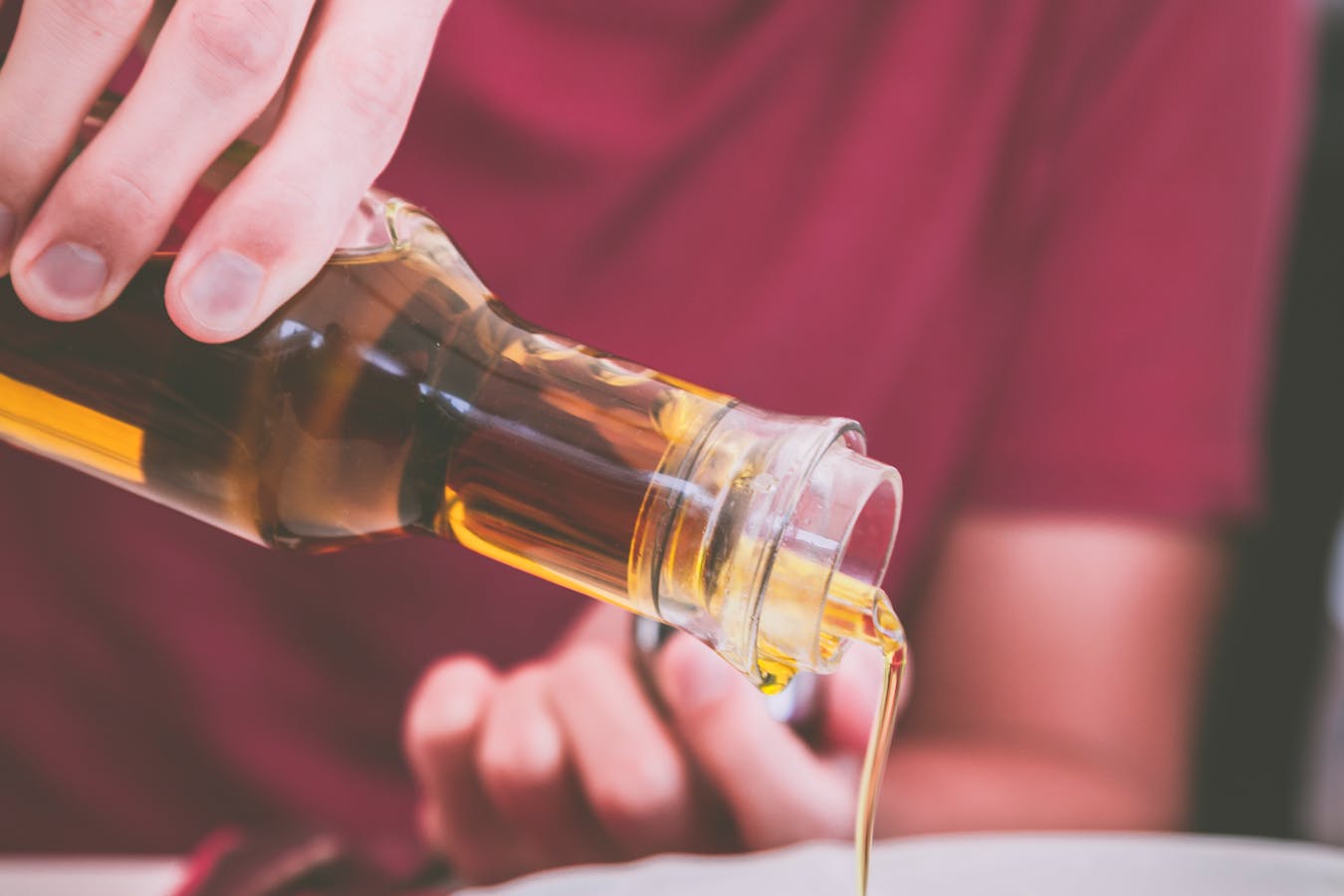Introduction
Olive oil can also be used for a very long time and because of this, is referred to as liquid gold. Apart from being used in foods as a spice it has a symbolic representation of health and energy. But do you know that olive oil has a variety of uses in or out of the kitchen? This liquid gold is not only good to enrich meals but it also contains nutrients great for boosting up the functioning of the heart and the circulatory system. This blog looks at the numerous health benefits of quinoa, varieties and how to integrate it in meals. If you are interested in contributing similar information, then places that allow you to submit guest post health topics are a perfect way to share the info.
Health Benefits of Olive Oil
Olive oil also contains high levels of monounsaturated fatty acids (MUFAs) that are regarded as controllers of high density lipoprotein cholesterol (HDL) levels. This makes olive oil a good option for the health of the heart. It also includes anti-inflammatory and antioxidant substances – chemicals that shield the body against dangerous substances that cause diseases such as cancer and heart diseases.
Incorporation of olive oil in the daily meals have earmarked benefits of decreasing the formation of atheromas, curing digestive disorders and even for better skin and hair. A diet tweak of such proportions can go a long way in improving the health status of everyone who practices it.
Types of Olive Oil
The most important thing to realise is that not all olive oils are the same. The type you choose can affect both flavor and health benefits:
- Extra Virgin Olive Oil (EVOO): The food which is least refined containing a high amount of antioxidants and polyphenols.
- Virgin Olive Oil (VOO): Not as refined as the EVOO but carries a lot of its health enhancing constituents with it.
- Refined Olive Oils: These will also comprise the ‘light’ and ‘pure’ types and are actually refined and contain significantly fewer antioxidants as found in the EVOO.
To achieve the best outcome, EVOO is preferred most because of its health benefits as well as a strong taste.
Simple Ways to Include Olive Oil in Your Diet
Incorporating olive oil into meals is easy:
- Use it as a Dressing: Mix with the occasions a lamp olive oil combined with balsamic vinegar offers room –service style healthy salad dressing.
- Drizzle on Roasted Veggies: Make your vegetables healthier by using olive oil before roasting them.
- Cook with It: Though EVOO is better suited for low temperatures, refined olive oils are perfect for high temperature cooking.
Sharing these tips on platforms that allow you to submit guest post health articles can inspire others to make similar changes.
The Bottom Line
The bypassing of olive oil for food preparation isn’t just about enhancing flavor and texture, it’s about introducing people to a healthier lifestyle. It’s an ingredient that has found approval in the treatment of heart diseases and fighting inflammation among others. Incorporating the right type of fat into your meal creatively will enable you to taste the fat and get all the necessary benefits. For those looking to share their olive oil journey or other health tips, opportunities to submit guest post health blogs offer a valuable way to connect and inspire others toward a healthier lifestyle.
